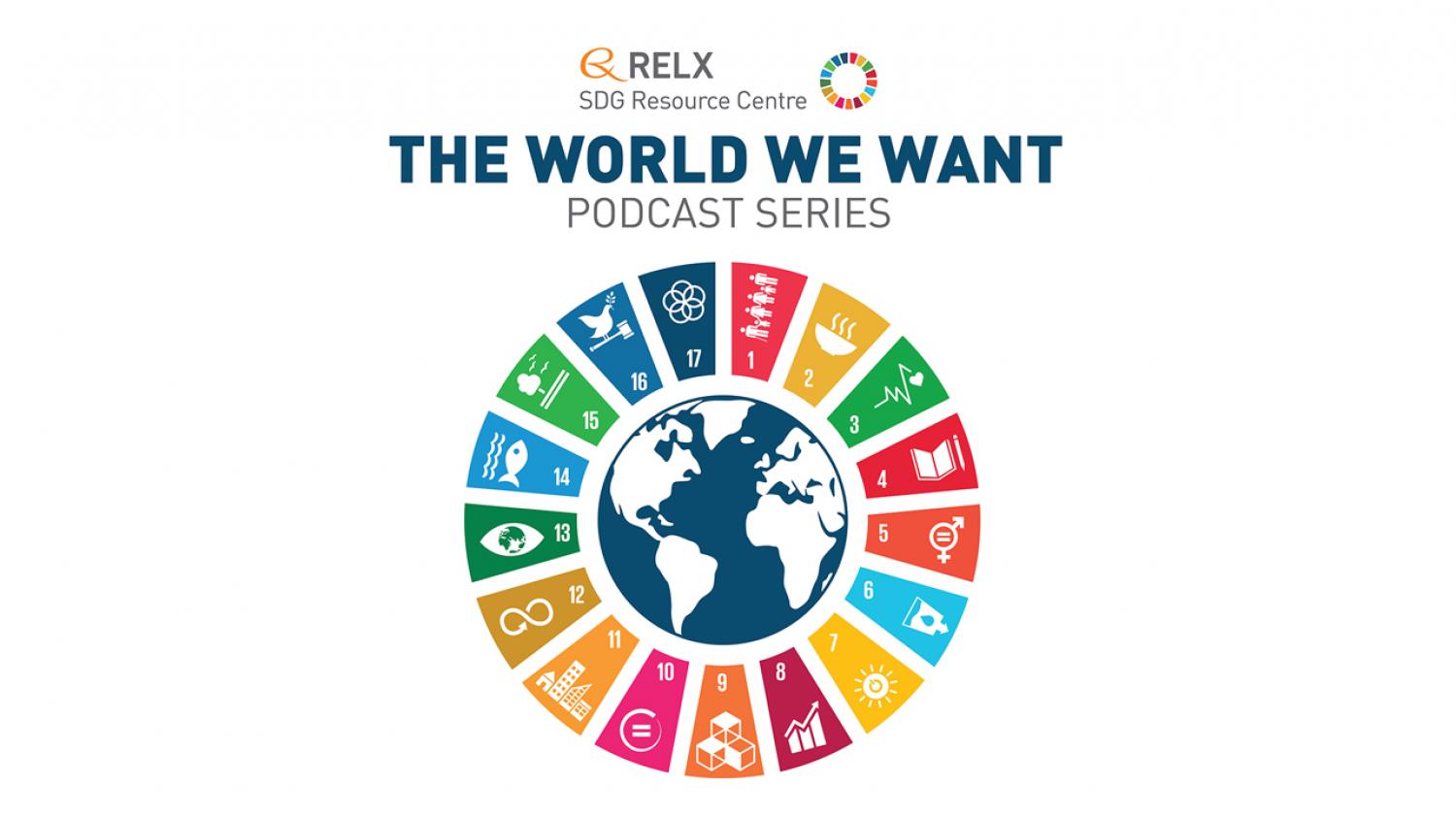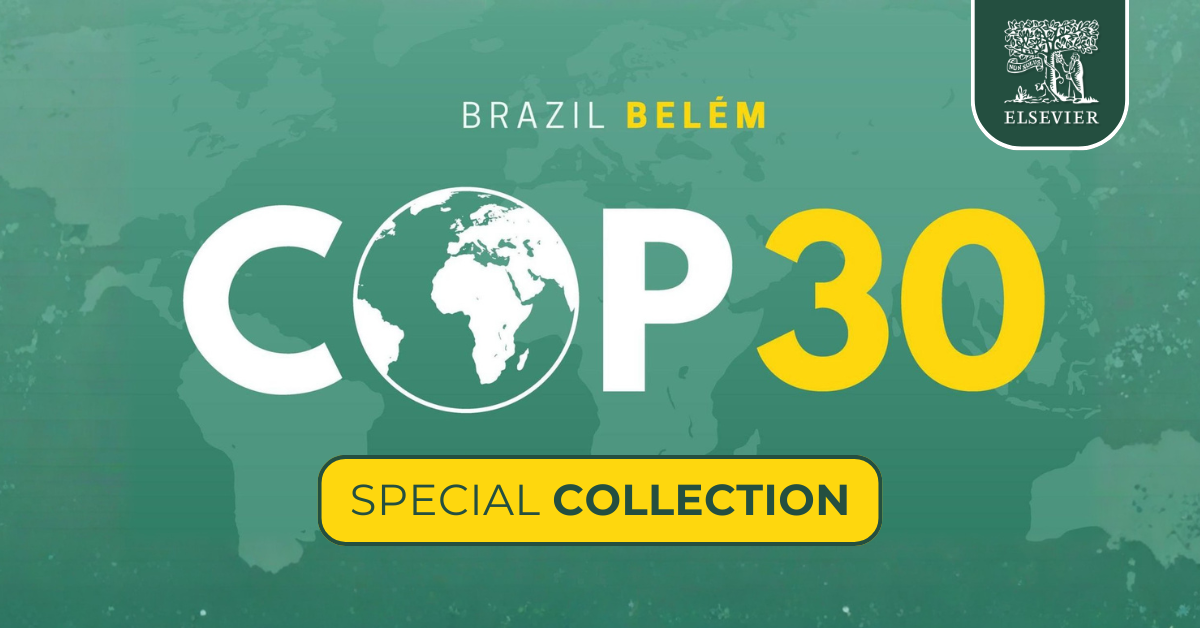COP30 is the 30th United Nations Conference of the Parties (COP), an annual global meeting where world leaders, scientists, non-governmental organizations, and civil society leaders gather to discuss actions to tackle climate change. It is considered one of the world's key events on the subject. COP30 is a historic opportunity for Brasil to reaffirm its leadership in climate change negotiations and global sustainability.
Learn about the history of the ADAM Program and get a behind the scenes look at the new Interactive Missing Children Dashboard. This article demonstrates the power of the ADAM Program in locating missing children, relating to SDG 16, Peace, Justice and Strong Institutions. The ADAM Program is the result of a 25 year partnership between LexisNexis Risk Solutions and the National Center for Missing & Exploited Children (NCMEC).
The goal of this special issue is to highlight the latest and most significant outcomes in energy and carbon-neutral urban water management for net-zero emissions.
Climate Change and Disability: A Collaborative Approach to a Sustainable, Inclusive Future for All 2026, pp 77-84
This chapter underscores how climate change amplifies health risks and systemic barriers for children, especially those with special health care needs, aligning with SDG 3 (Good Health and Well-being) by addressing health vulnerabilities, SDG 10 (Reduced Inequalities) through calls for inclusive policies, and SDG 13 (Climate Action) by advocating disability-inclusive climate adaptation and resilience strategies.


